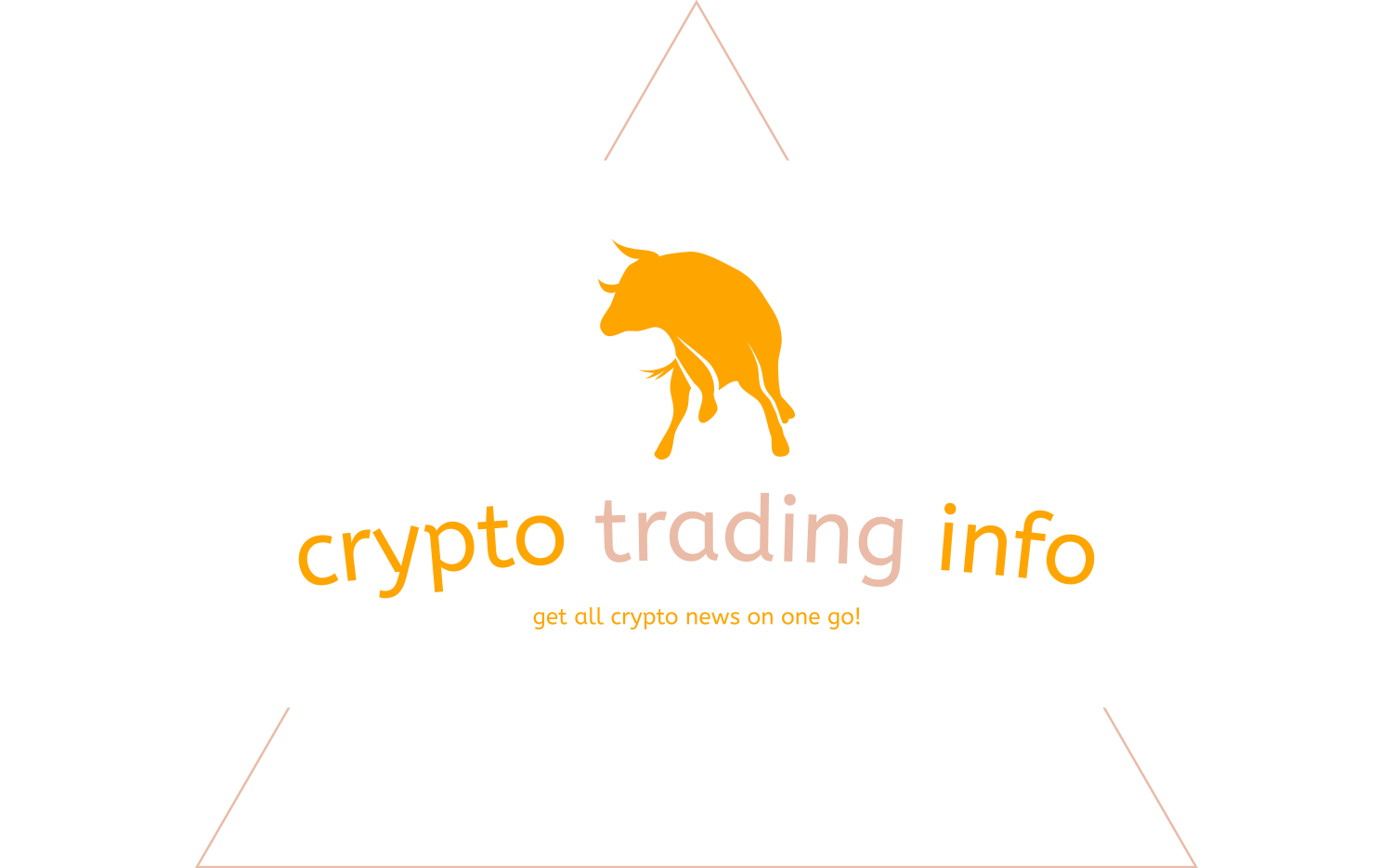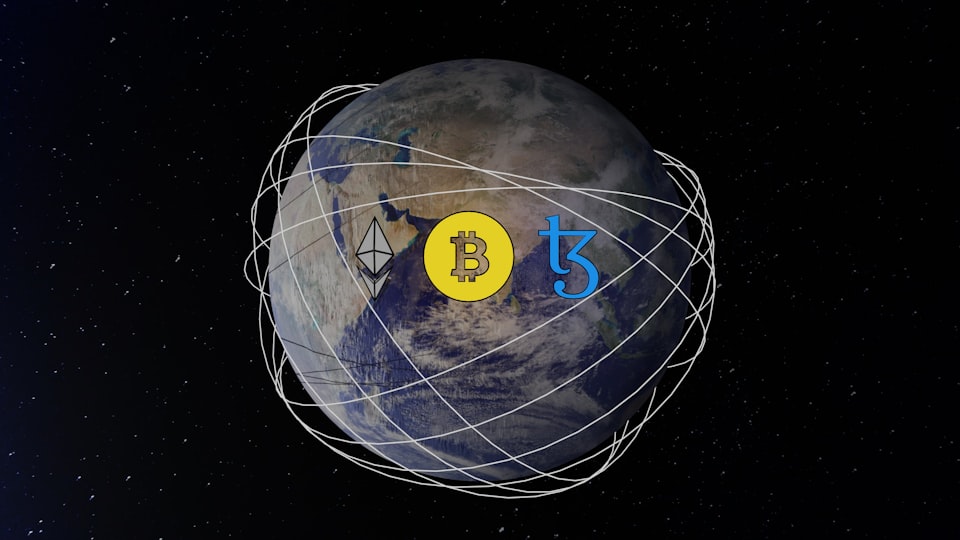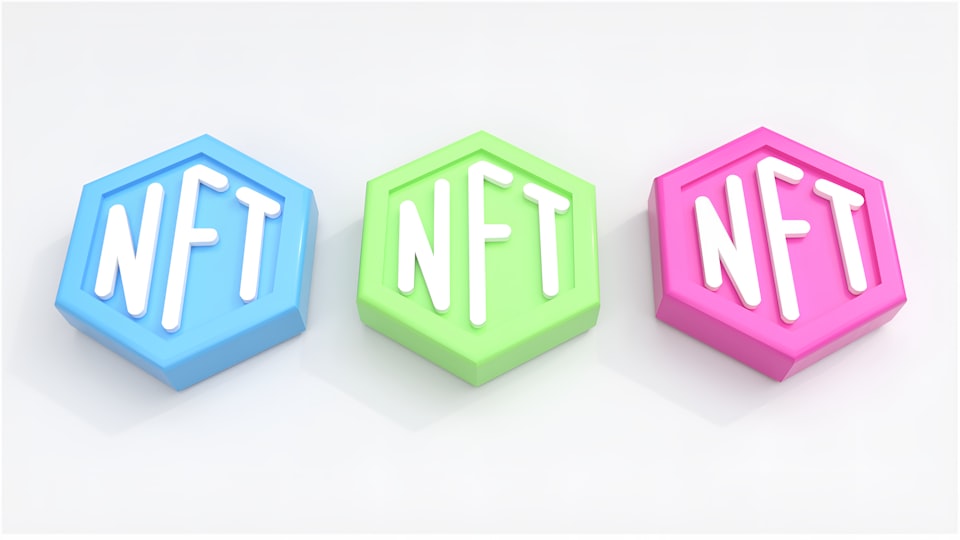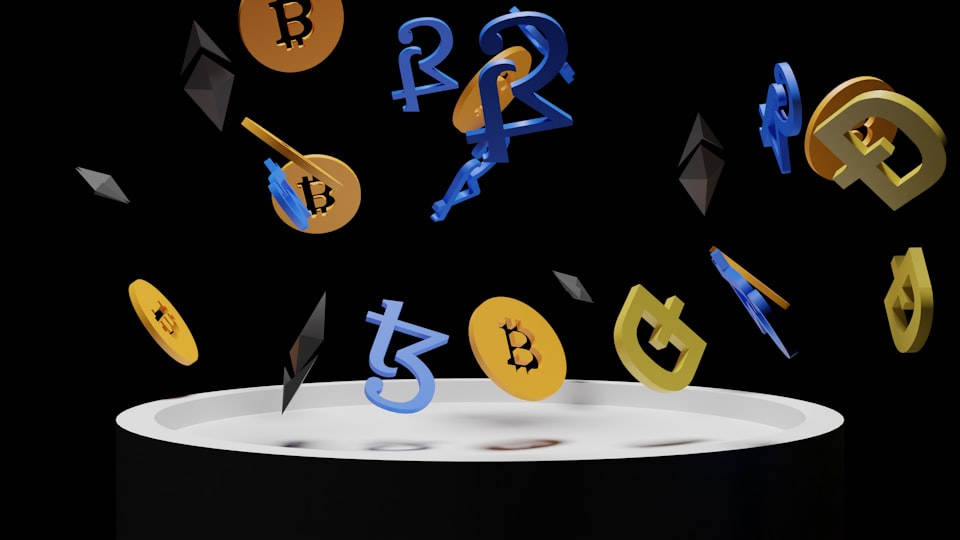Non-Fungible Tokens (NFTs) & The Metaverse: A Convergence of Digital Worlds
Explore the convergence of Non-Fungible Tokens (NFTs) and the Metaverse, two groundbreaking blockchain innovations shaping digital ownership, virtual worlds, and online economies. Discover emerging trends, platforms, games, challenges, and the potential of this transformative digital frontier

The world of blockchain technology and decentralized applications (dApps) has given rise to two groundbreaking innovations: Non-Fungible Tokens (NFTs) and the Metaverse. These two interrelated concepts are converging to create a new frontier of digital ownership, immersive experiences, and economic opportunities. As the hype around NFTs and the Metaverse continues to grow, emerging trends in this space are capturing the attention of developers, investors, and enthusiasts alike.
Non-Fungible Tokens (NFTs): Tokenizing Digital Scarcity

NFTs are unique digital assets that represent ownership of virtual or physical items, ranging from digital art, collectibles, and music to virtual real estate and gaming assets. Unlike fungible cryptocurrencies like Bitcoin or Ether, each NFT is unique and indivisible, ensuring scarcity and provable ownership on the blockchain.
As the NFT market continues to gain traction, several emerging trends are shaping the future of this disruptive technology:
- NFT Marketplaces and Platforms OpenSea, Rarible, SuperRare, and Foundation are among the leading NFT marketplaces that have emerged, facilitating the creation, buying, selling, and trading of NFTs. These platforms are continuously evolving to offer new features, improve user experiences, and attract a broader user base.
- Generative Art and Algorithmic NFTs Generative art and algorithmic NFTs are gaining popularity, with projects like Art Blocks and Autoglyphs offering unique, computer-generated artworks that can be collected as NFTs.
- NFT-Based Games and Play-to-Earn The gaming industry has embraced NFTs, with games like Axie Infinity, The Sandbox, and Decentraland allowing players to earn, collect, and trade NFTs while playing. The play-to-earn model has gained significant traction, creating new economic opportunities within virtual worlds.
- NFT-Based Music and Entertainment The music industry has also embraced NFTs, with artists like Kings of Leon, Steve Aoki, and Grimes releasing NFTs representing music, artwork, and other digital collectibles.
- NFT-Based Ticketing and Access NFT-based ticketing is emerging as a way to provide secure, verifiable, and transferable digital tickets for events, concerts, and even access to virtual worlds or online experiences.
The Metaverse: A Convergence of Virtual Worlds
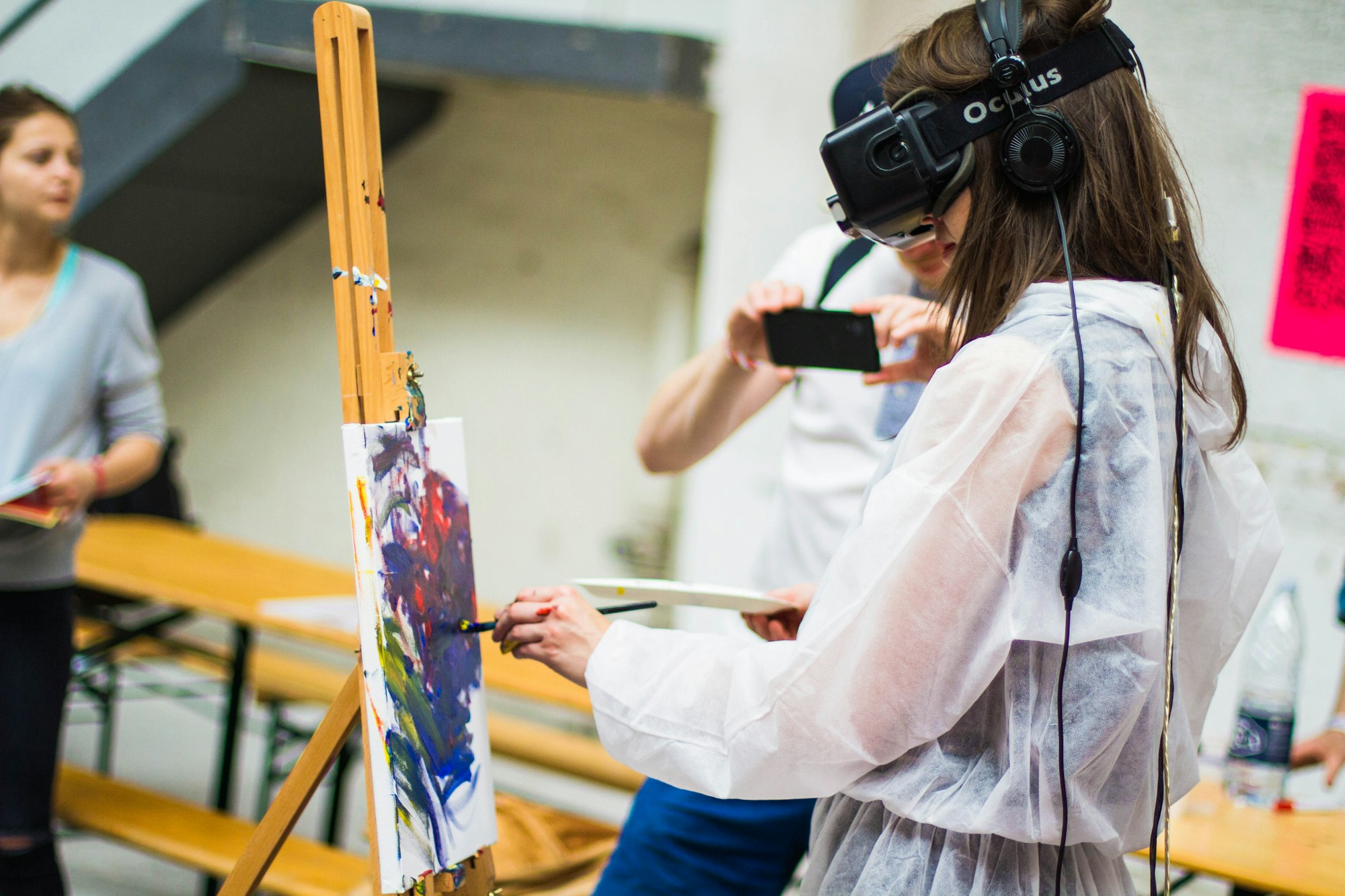
The concept of the Metaverse has captured the imagination of technologists, entrepreneurs, and consumers alike. The Metaverse refers to a convergence of virtual worlds, where users can seamlessly interact, socialize, work, and play within immersive digital environments. While the Metaverse is still an evolving concept, several key trends are shaping its development:
- Virtual Reality (VR) and Augmented Reality (AR) Integration VR and AR technologies are crucial components of the Metaverse, enabling immersive experiences and blending digital and physical worlds. Companies like Meta (Facebook), Microsoft, and Nvidia are investing heavily in these technologies.
- Decentralized and Interoperable Virtual Worlds The Metaverse envisions a network of interoperable virtual worlds, where users can seamlessly move between different platforms and environments. Projects like Decentraland, The Sandbox, and Cryptovoxels are pioneering decentralized and blockchain-based virtual worlds.
- Virtual Events and Experiences The Metaverse is becoming a platform for virtual events, concerts, and experiences, with companies like Roblox, Fortnite, and Wave hosting immersive virtual gatherings.
- Virtual Workspaces and Collaboration The Metaverse is also transforming the way we work, with companies like Microsoft, Nvidia, and Meta creating virtual workspaces and collaborative environments for remote teams.
- NFTs and Digital Asset Ownership NFTs play a crucial role in the Metaverse, enabling digital asset ownership, virtual real estate transactions, and the creation of unique digital identities and avatars.
Play-to-Earn Games and the Metaverse Economy

At the intersection of NFTs and the Metaverse lies the emerging trend of play-to-earn games, which are fueling the growth of a vibrant virtual economy. These games allow players to earn cryptocurrencies, NFTs, or other digital assets by participating in gameplay, completing quests, or engaging in virtual activities.
- Axie Infinity Axie Infinity is a pioneering play-to-earn game built on the Ethereum blockchain, where players can collect, breed, and battle Axie NFTs. The game has gained massive popularity, particularly in developing countries, allowing players to earn real-world income through gameplay.
- The Sandbox The Sandbox is a metaverse platform that combines gaming, virtual world creation, and NFT ownership. Players can create, buy, and monetize digital assets within the game's virtual world, fostering a vibrant economy and creative ecosystem.
- Decentraland Decentraland is a decentralized virtual reality platform built on the Ethereum blockchain. It allows users to purchase virtual land plots as NFTs, build and monetize virtual experiences, and participate in a player-owned economy.
- Gala Games Gala Games is a decentralized gaming platform focused on creating play-to-earn games where players can earn rewards and own in-game assets as NFTs. Games like Town Star and Spider Tanks are part of the Gala ecosystem.
- Illuvium Illuvium is an open-world RPG game built on the Ethereum blockchain, where players can capture and collect Illuvial NFTs, participate in battles, and earn rewards through gameplay. The game aims to create a sustainable play-to-earn ecosystem.
Challenges and Considerations
While the potential of NFTs and the Metaverse is undeniable, these emerging technologies and trends also present significant challenges and considerations that need to be addressed:
- Scalability and Interoperability As the adoption of NFTs and virtual worlds grows, ensuring scalability and interoperability across different platforms and blockchains becomes crucial. Solutions like layer 2 scaling and cross-chain bridges will be essential for enabling seamless interactions and asset transfers.
- Energy Consumption and Environmental Impact The energy consumption and environmental impact of blockchain technology and the computational resources required for virtual worlds are raising concerns. Sustainable solutions and energy-efficient technologies will be necessary to mitigate these challenges.
- Regulatory Frameworks and Compliance As the NFT and Metaverse ecosystems evolve, regulatory frameworks will need to be established to address issues such as intellectual property rights, taxation, consumer protection, and data privacy.
- Security and Identity Management Ensuring the security of digital assets, virtual identities, and personal data within the Metaverse is paramount. Robust identity management systems and cybersecurity measures will be essential for building trust and confidence among users.
- Accessibility and Inclusivity As the Metaverse and NFT ecosystems grow, it will be crucial to address issues of accessibility and inclusivity, ensuring that these technologies are available and usable by diverse communities, regardless of geographic, socioeconomic, or technological barriers.
- Creative and Ethical Considerations The Metaverse and NFTs raise ethical and creative considerations related to virtual property rights, digital identities, and the blurring of lines between physical and virtual worlds. These considerations will need to be addressed to foster a responsible and equitable digital ecosystem.
Conclusion
The convergence of NFTs and the Metaverse represents a transformative shift in how we perceive digital ownership, virtual experiences, and online economies. As these emerging trends continue to shape the future of the internet and digital interactions, it is clear that we are witnessing the birth of a new era where virtual worlds and digital assets hold tangible value and economic potential.
While the adoption of NFTs and the Metaverse presents numerous challenges and considerations, the ongoing innovation and collaboration within this space are paving the way for groundbreaking experiences and economic opportunities. As developers, creators, and enthusiasts continue to push the boundaries of what is possible, the future of this digital frontier remains an exciting and rapidly evolving landscape.
The information provided in this article is for educational and informational purposes only and should not be construed as financial advice. Readers are advised to conduct their own research and consult with a qualified financial advisor before making any investment decisions.
